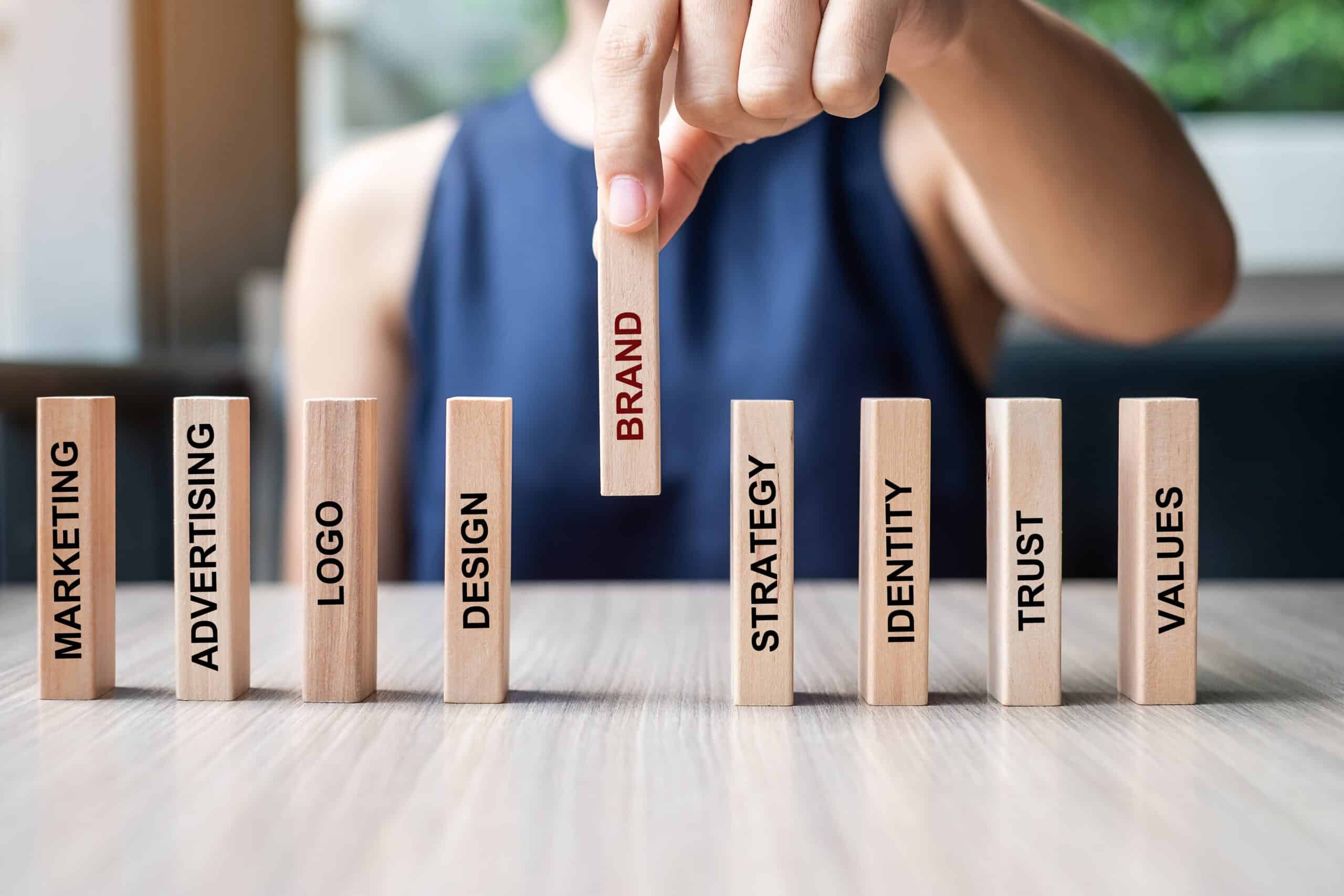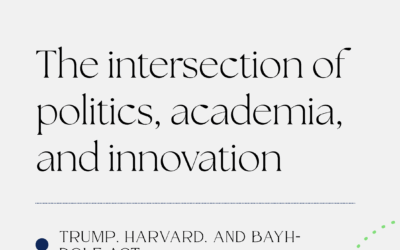What is an Intellectual Property
When asked what I do for a living I say that I am an Intellectual Property Attorney and then the blank stares start to come. The next question I have to usually answer is what is an Intellectual Property Attorney? Then comes the long boring explanation of a Intellectual Property Attorney is, so I thought I would write a quick blog on what exactly is an intellectual property attorney.
An intellectual property attorney is someone who deals in the four types of intellectual property which are patents, trademarks, copyrights and trade secrets. We help you and companies make sure you have ownership over things you have invented, created, wrote and came up with from your mind. As mentioned above there are four types of intellectual property:
1. Patents protect your invention and give you a 20 year monopoly for a utility patent and 15 year monopoly for a design patent on the invention you created.
2. Trademarks protect your brand, logo, slogan, or anything that you can use to promote and tie to your products and services. Trademarks last as long as you are using it in commerce.
3. Copyrights protect any original work that you have created such as music, video, picture, art piece, book, article, etc. Copyright automatically attaches itself and last life of the author plus 70 years.
4. Trade Secret protect anything that you do not want to disclose to the public such as recipes, code, formula, method or technique. As long as you setup the necessary barriers and do not allow your trade secrets in the public domain, a trade secret can last forever.
At Accelerate IP we can help you strategize what protection is best for you and your company. Not all intellectual property fits all scenarios. Please feel free to reach out to us with any questions at all.
Swift Strategic Move: Taylor Swift’s Comprehensive Trademark Filing for TLOAS Signals Album Launch
Taylor Swift trademark filing: TLOAS brand protection ahead of ‘The Life of a Showgirl’ album announcement shows celebrity IP strategy
Trump Administration and Harvard – Understanding the Bayh-Doyle Act
Trump investigates Harvard’s Bayh-Dole compliance. $1.7T economic impact. Learn university patent requirements for federal funding.
Amazon Brand Registry: Your Shield Against Counterfeiters and Brand Hijackers
As intellectual property attorneys, we've guided hundreds of clients through the Amazon Brand Registry process and...




